Saw Palmetto: The Natural Rogaine?
Hair loss, occurring both in men and women, can be more devastating for the sufferer than first imagined. Lowered self-esteem, a loss of confidence, depression and anxiety are symptoms that can all be conducive of balding. It is something which occurs in so many of us, and can usually be attributed to the ageing process of the human body. This is acceptable to some extent, although, given the opportunity I’m sure most sufferers would relish the chance to put a stop to, or even reverse the balding. Of course, hair loss can be treated, it can be controlled and the battle against follicular thinning can indeed be won. As we seek to avoid potentially harmful, manufactured medicines to treat our ailments, more and more of us are turning to herbal remedies which often have the same, if not better, desired effect.
 Saw palmetto is a plant of which the berries that grow on it have been used by Native Americans for hundreds of years to treat all manner of medical conditions. It has been used to treat anything from an enlarged prostate to bladder infections and, increasingly, to treat hair loss. Many people have used saw palmetto berry remedies to not only stop hair loss, but even to regrow that which they have lost. How is this possible? Because saw palmetto berries can block the enzyme which converts testosterone into the DHT molecule (which is how hair loss occurs in both men and women), effectively blocking the negative process and preventing the hair from shedding. Saw palmetto has similar components to the synthetic ones you will find in manufactured prescription hair loss medication, which is why many prefer it as a natural means of treating their balding.
Saw palmetto is a plant of which the berries that grow on it have been used by Native Americans for hundreds of years to treat all manner of medical conditions. It has been used to treat anything from an enlarged prostate to bladder infections and, increasingly, to treat hair loss. Many people have used saw palmetto berry remedies to not only stop hair loss, but even to regrow that which they have lost. How is this possible? Because saw palmetto berries can block the enzyme which converts testosterone into the DHT molecule (which is how hair loss occurs in both men and women), effectively blocking the negative process and preventing the hair from shedding. Saw palmetto has similar components to the synthetic ones you will find in manufactured prescription hair loss medication, which is why many prefer it as a natural means of treating their balding.
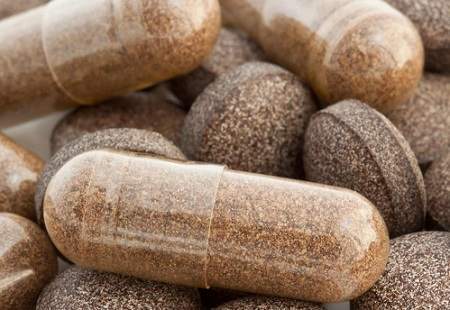 In terms of availability, saw palmetto comes in various forms, which allows the patient the luxury of choice when it comes to deciding how to take it and what is best for them. These forms include dried berries, tablets, liquid extracts and powdered capsules. Of these, the tablets and capsules are the easiest to source, and it is these forms that have been researched most widely and therefore are perhaps the most effective. Of course, you may experience adverse side effects from taking doses of saw palmetto, which could include thinning of the blood. As such, you should always consult your doctor before taking saw palmetto. You should generally avoid taking saw palmetto alongside other hair loss medication such as finasteride as the two remedies will not work amicably along side one another.
In terms of availability, saw palmetto comes in various forms, which allows the patient the luxury of choice when it comes to deciding how to take it and what is best for them. These forms include dried berries, tablets, liquid extracts and powdered capsules. Of these, the tablets and capsules are the easiest to source, and it is these forms that have been researched most widely and therefore are perhaps the most effective. Of course, you may experience adverse side effects from taking doses of saw palmetto, which could include thinning of the blood. As such, you should always consult your doctor before taking saw palmetto. You should generally avoid taking saw palmetto alongside other hair loss medication such as finasteride as the two remedies will not work amicably along side one another.
A twice a day supplement, however, could indeed improve the condition of the patient dramatically. Like all new medication, caution should be exercised, and any discomfort, such as stomach irritation and headaches should balance out as you get used to the medication, but should they persist then you should consult your doctor so as to avoid complications. Saw palmetto could well be the secret weapon in your battle to stop, prevent, and beat your hair loss.

 Subscribe Now
Subscribe Now

 Tips For Healthy Nails and Hair
Tips For Healthy Nails and Hair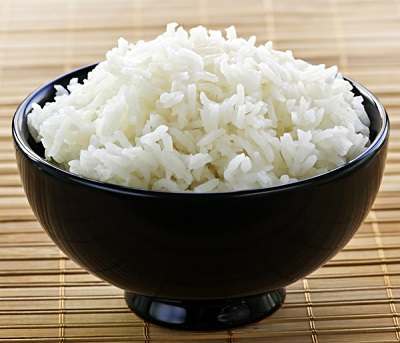 Why we need Silica?
Why we need Silica? Not having enough silica in your diet leads to premature wrinkle, weak nails, hair loss and weak bones. The biggest warning sign that you aren’t having enough is when you feel cold very easily, even on a summer day as people with silica deficiencies suffer from an increased sensitivity to cold.
Not having enough silica in your diet leads to premature wrinkle, weak nails, hair loss and weak bones. The biggest warning sign that you aren’t having enough is when you feel cold very easily, even on a summer day as people with silica deficiencies suffer from an increased sensitivity to cold.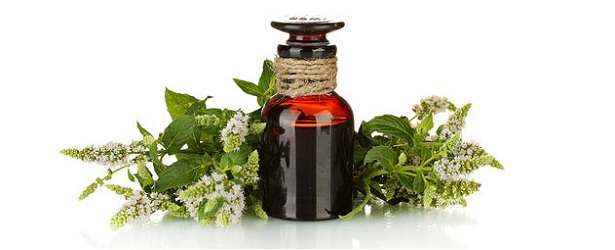
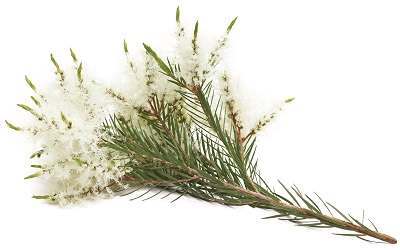 Your Scalp
Your Scalp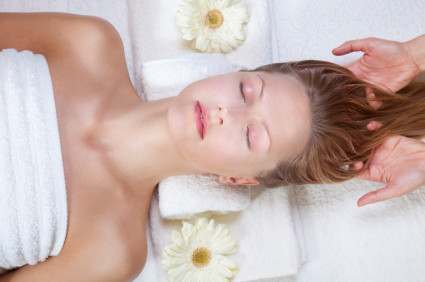 Application and Dosage
Application and Dosage
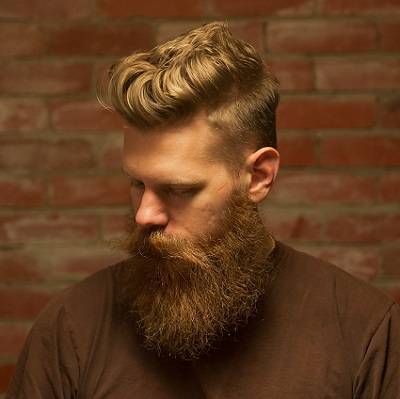 The Testosterone Myth
The Testosterone Myth Can You Take Supplements?
Can You Take Supplements?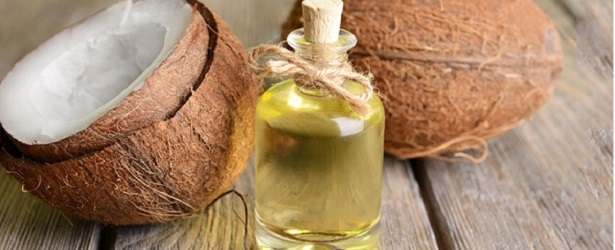

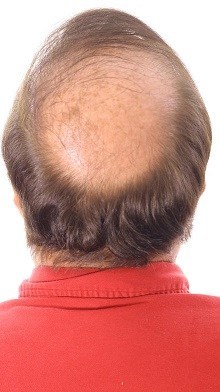 Rogaine is ideal for men who are under 40 years of age who are suffering from a receding hairline but are not yet completely bald. It is also used by patients who lost their hair because of illnesses or treatments like chemotherapy. Rogaine is applied topically. Propecia is a pill that works against a hormone which is known to cause hair loss and it is only available for men.
Rogaine is ideal for men who are under 40 years of age who are suffering from a receding hairline but are not yet completely bald. It is also used by patients who lost their hair because of illnesses or treatments like chemotherapy. Rogaine is applied topically. Propecia is a pill that works against a hormone which is known to cause hair loss and it is only available for men.